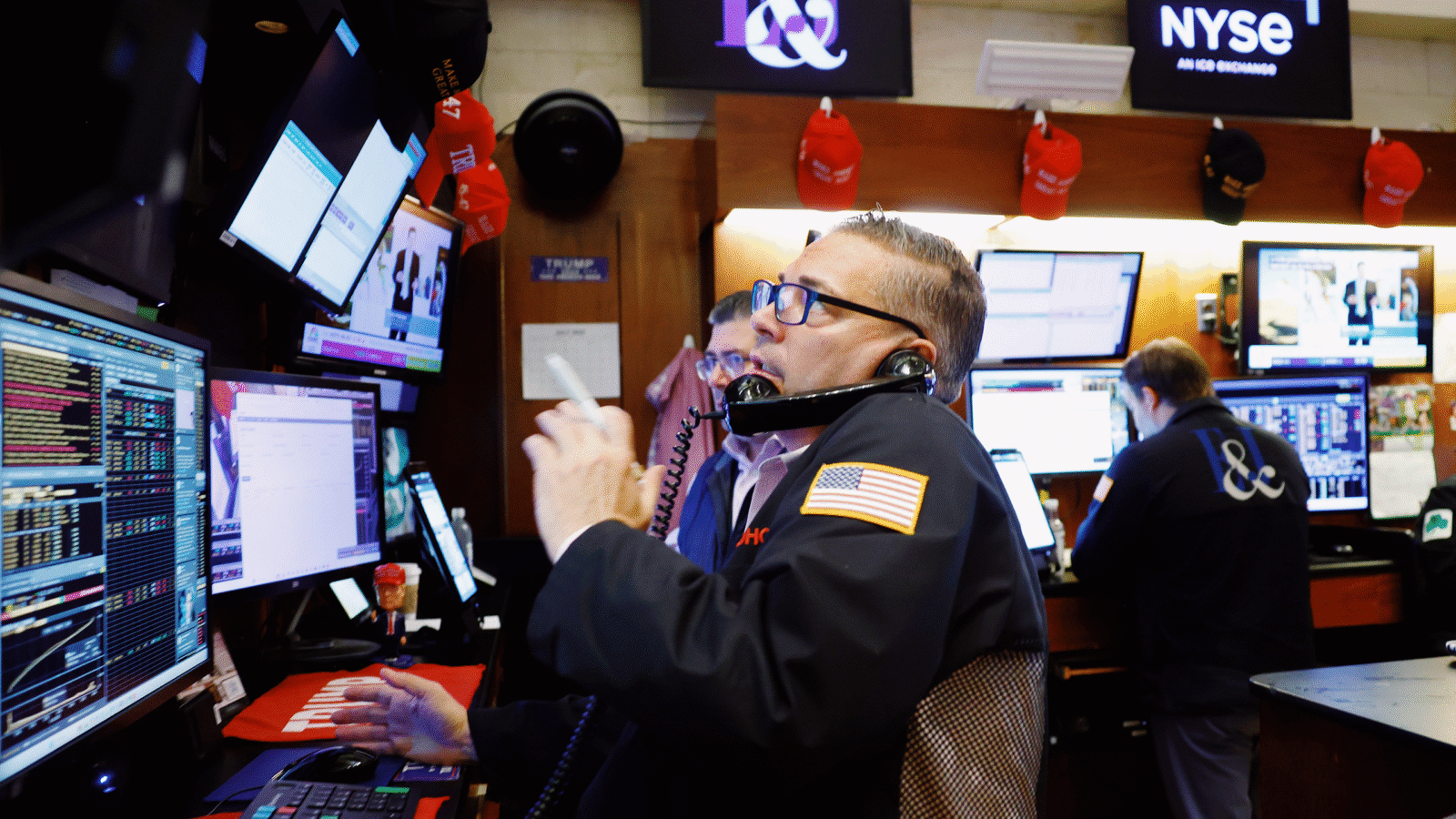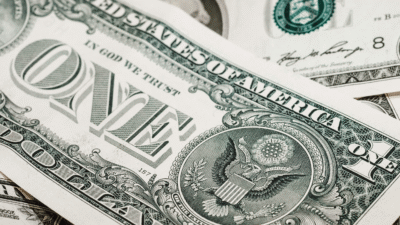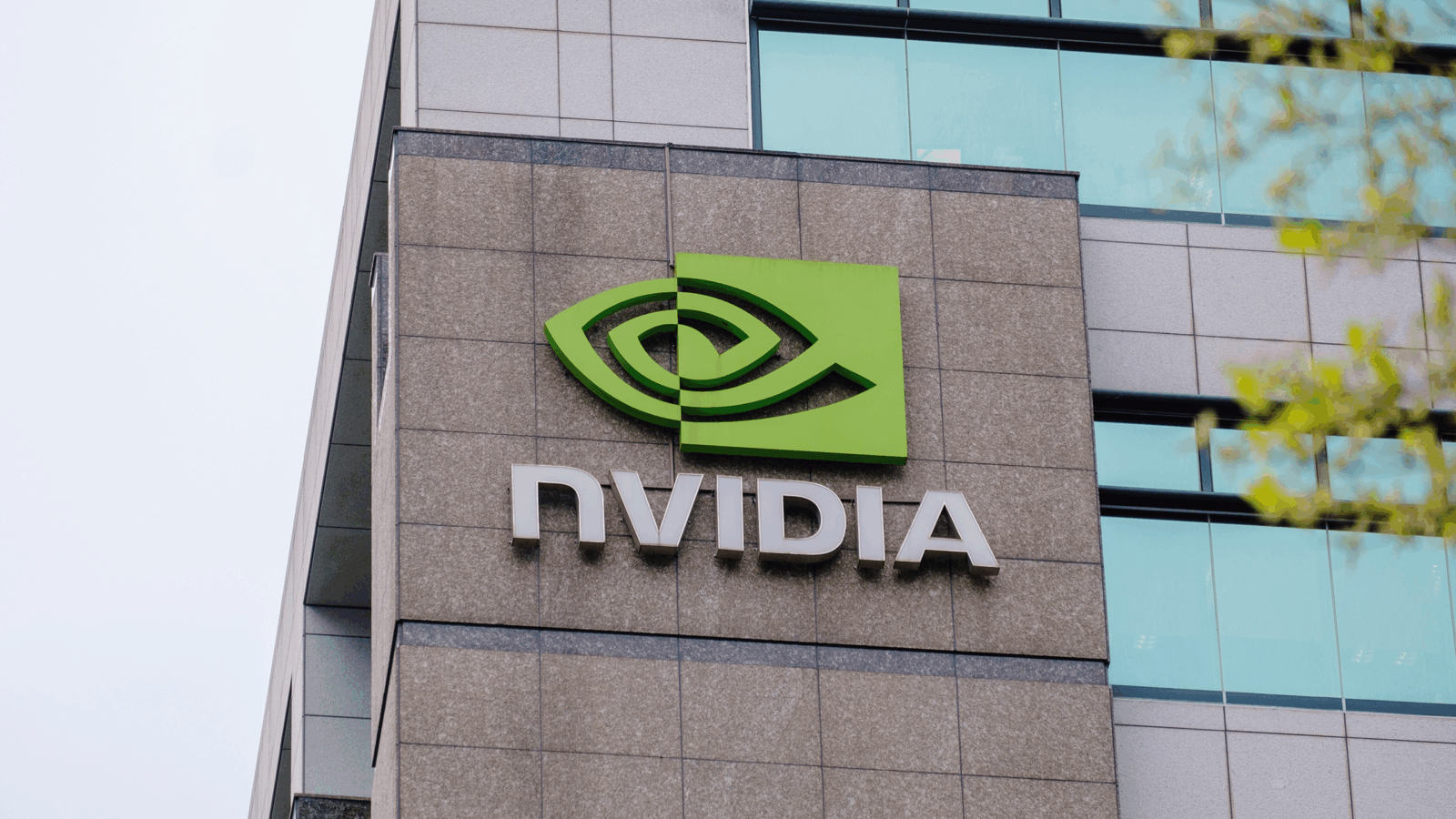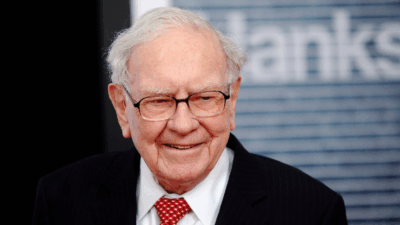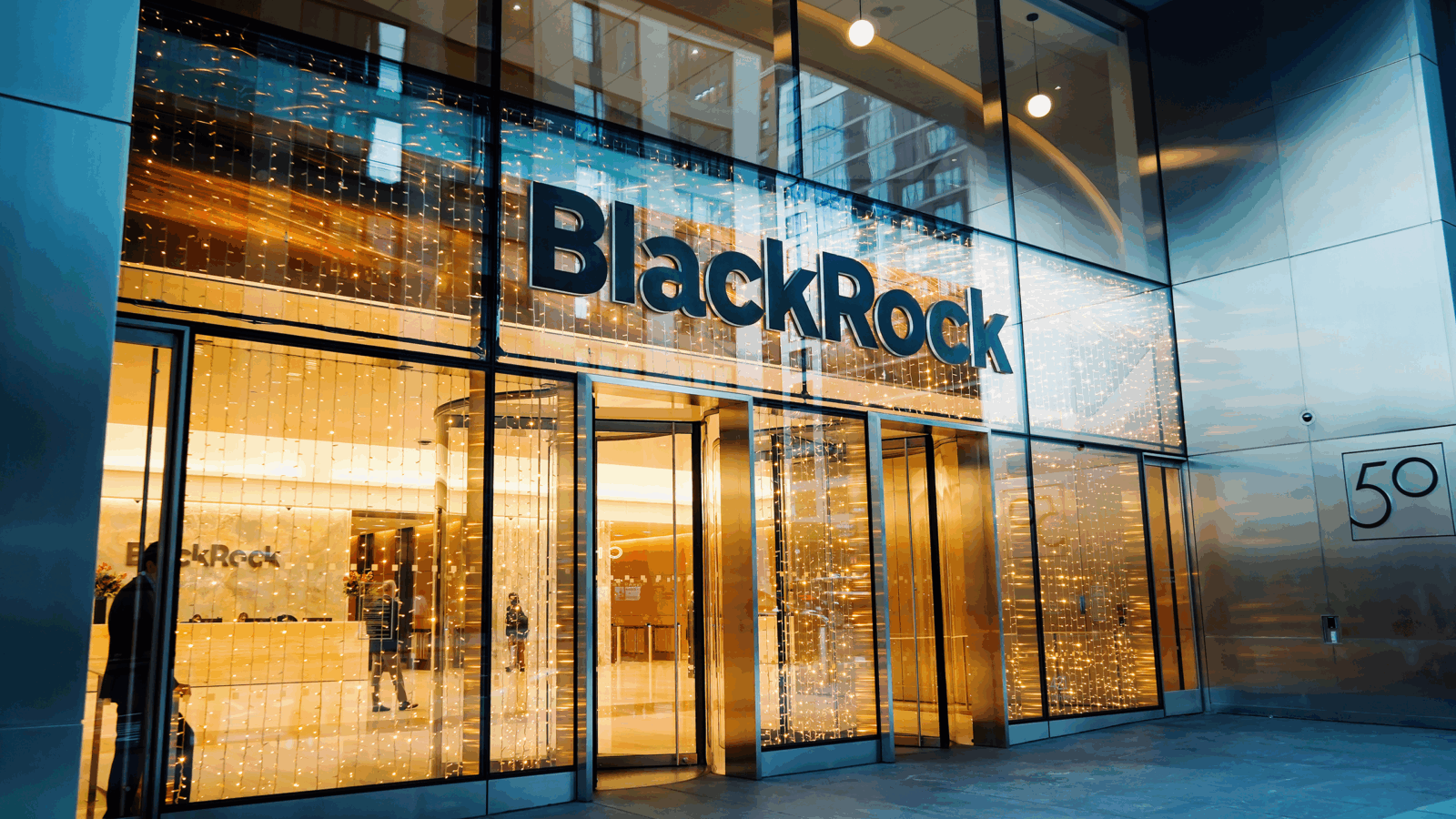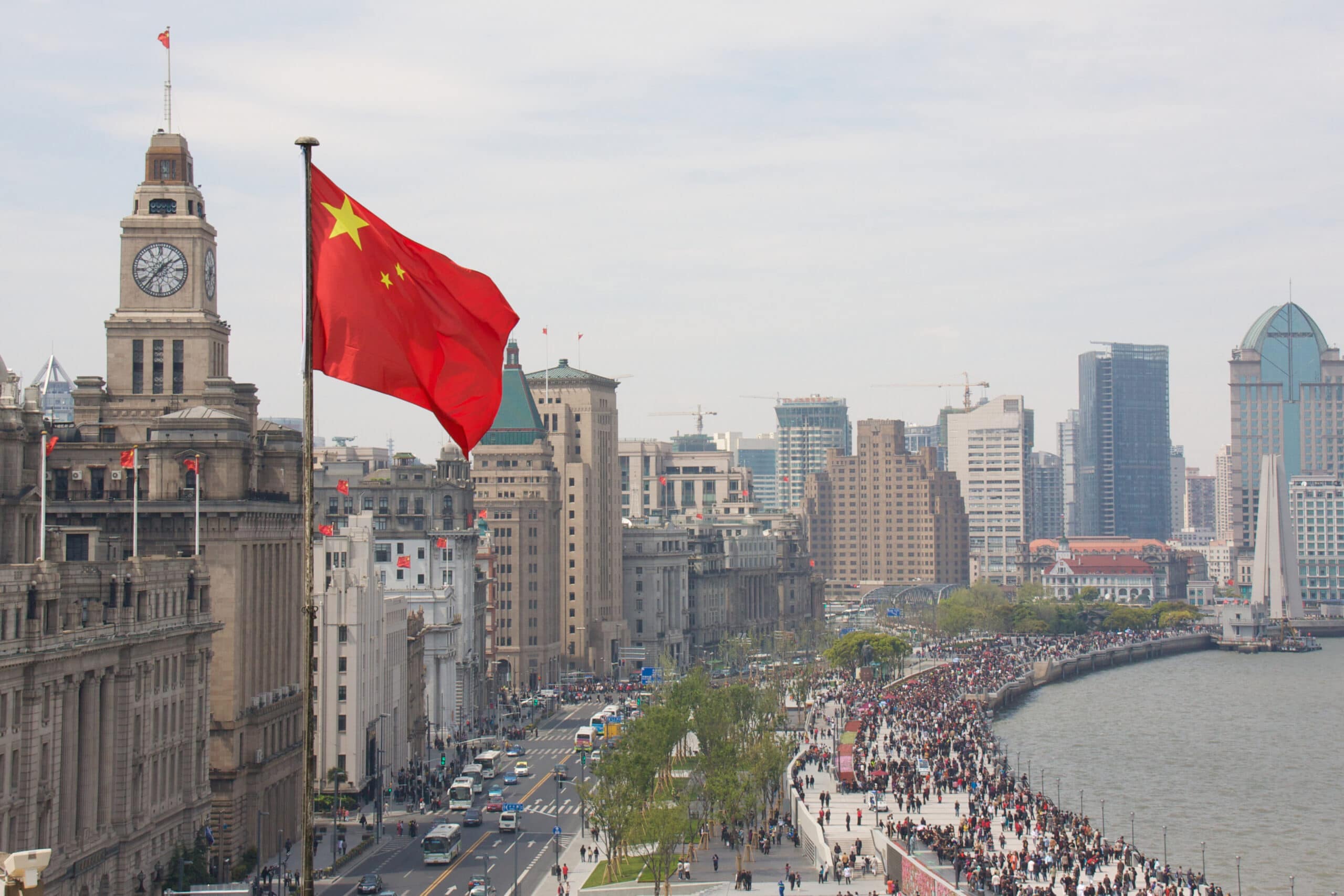
Sign up for smart news, insights, and analysis on the biggest financial stories of the day.
For traders in China, “Tonight we’re gonna party like it’s 1999” has been replaced by “Tonight we’re feeling sorry like it’s 2008.”
On Monday, rising concerns about the Chinese economy — including government ties to Russia, new regulatory crackdowns on both sides of the Pacific, and renewed Covid lockdowns — sent stocks listed in Hong Kong tumbling towards their worst single day since the financial crisis of 2008.
Year of the Tiger Without Fangs
One thing’s for sure, Shanghai Disney Resort doesn’t have a monopoly on roller coasters, because Monday’s market tumble had plenty of spiraling downturns. The rout followed multiple news reports citing US officials who say Russia asked China to supply arms for its invasion of Ukraine. The revelations, which China denies, amplified traders’ concerns that Beijing’s close relationship with Vladimir Putin could lead to greater risks, possibly even sanctions, while conducting business with Chinese firms.
At the same time, China is contemplating a record fine for tech giant Tencent, which fell 10% on Monday, and US regulators threatened to delist Chinese firms that refuse to open their books for scrutiny. On top of it all, a nationwide surge in Covid cases has led to lockdowns in many cities, including financial hub Shanghai and tech hub Shenzhen, where major iPhone supplier Foxconn temporarily halted operations. For markets, it’s a particularly unpleasant cocktail of bad luck:
- The Hang Seng China Enterprises Index fell 7.2% on Monday, the biggest one-day loss since November 2008. The Hang Sang Tech Index fell 11%, adding to its $2.1 trillion market value dropoff since a March 2021 peak.
- On Wall Street, it’s worse. American Depositary Receipts (ADRs) — or securities that represent shares of non-US companies — of Chinese firms are down 72% since a peak last year, not far off the Nasdaq’s 78% collapse after the dot-com bubble burst in the early 2000s. The Golden Dragon Index, which tracks ADRs of Chinese firms, fell more than 10% Thursday and Friday last week, which had never happened in the index’s two-decade existence.
Buy the Dip? Earlier this month, Beijing set its GDP growth goal for 2022 at 5.5%, higher than what most economists predicted, suggesting officials expect the economy will improve in the second quarter. But in a research note released Monday, ANZ Research analysts said “if the lockdown is extended, China’s economic growth will be significantly affected” and could fall below their 5% forecast for 2022.
